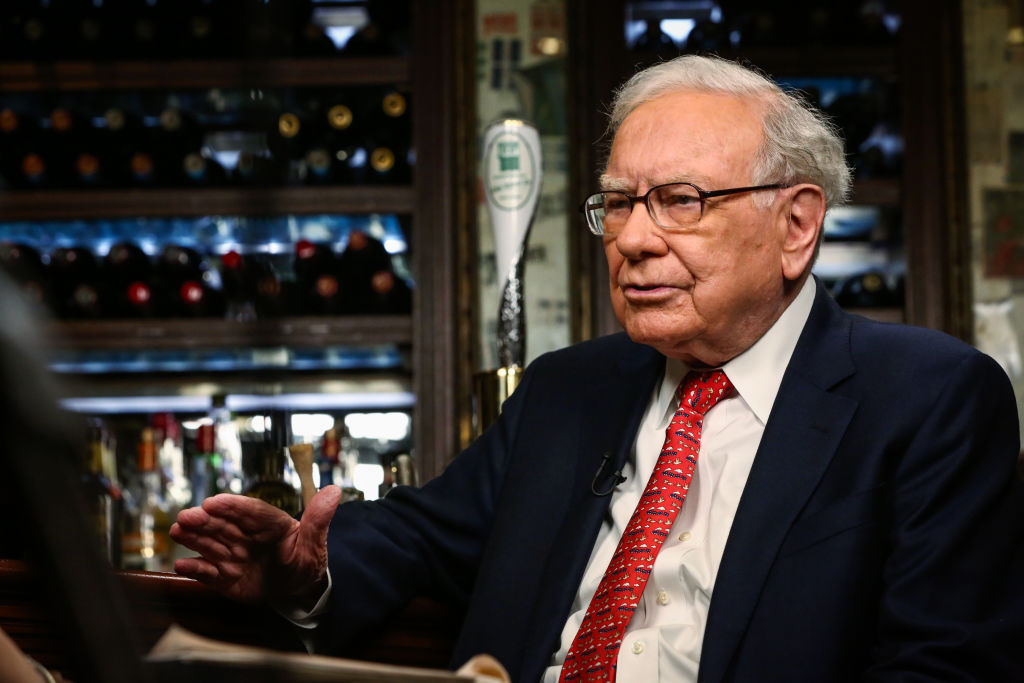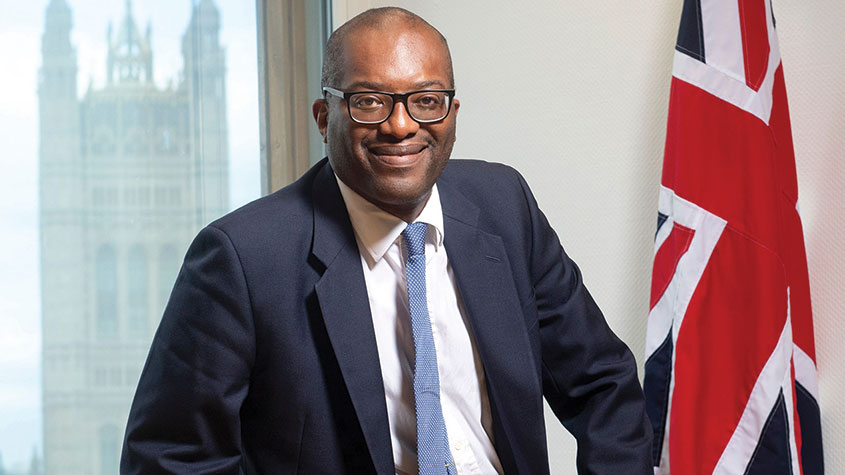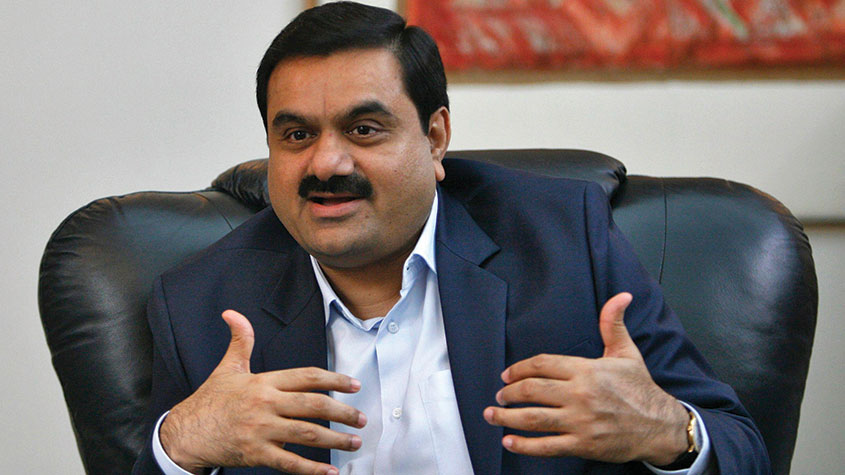Jennifer Lopez: the American dream on steroids
Jennifer Lopez built a business empire on top of an entertainment career, thereby paving the way for the likes of Reese Witherspoon and Gwyneth Paltrow.

Get the latest financial news, insights and expert analysis from our award-winning MoneyWeek team, to help you understand what really matters when it comes to your finances.
You are now subscribed
Your newsletter sign-up was successful
Want to add more newsletters?

Twice daily
MoneyWeek
Get the latest financial news, insights and expert analysis from our award-winning MoneyWeek team, to help you understand what really matters when it comes to your finances.

Four times a week
Look After My Bills
Sign up to our free money-saving newsletter, filled with the latest news and expert advice to help you find the best tips and deals for managing your bills. Start saving today!
Jennifer Lopez postponed her wedding to actor Ben Affleck days before the ceremony was due to take place in 2003. “Twenty years, three marriages, five children, a Las Vegas residency” and “more than 18 fragrance launches” later, “Bennifer has been born anew for 2022”, says the Financial Times. Earlier this month, the couple were quietly married at the drive-through Little White Chapel in Las Vegas.
Cynics may say that “Bennifer, the rematch” has “only vivified a flagging interest” in the couple’s upcoming projects. “But it’s hard not to feel a pinwheel of excitement for a fairytale narrative in which the publicly broken Affleck has been rescued by his Latina queen.” And J.Lo, aged 53, is certainly on the up, having “clawed back a career from the precipice of irrelevance” over the past decade via a three-year run on the hit TV talent show “American Idol” and “a star turn at the Super Bowl”.
“It turns out love is patient,” J.Lo wrote in her newsletter, describing “a narrative arc” worthy of the many romantic comedies that she has starred in, says The Times. Indeed, according to Alice Leppert, professor of media and communication studies at Ursinus College, Pennsylvania, and co-editor of the journal Celebrity Studies, “People lost their minds when they reunited”. We “invest” in celebrity to compensate for our own romantic disappointments and part of J.Lo’s charm – forming the basis of her $400m fortune – is her girl-next-door quality. “Her rags-to-riches story represents the mythology of the American dream on steroids.”
MoneyWeek
Subscribe to MoneyWeek today and get your first six magazine issues absolutely FREE

Sign up to Money Morning
Don't miss the latest investment and personal finances news, market analysis, plus money-saving tips with our free twice-daily newsletter
Don't miss the latest investment and personal finances news, market analysis, plus money-saving tips with our free twice-daily newsletter
The daughter of Puerto Rican parents – her father was a computer technician, her mother a nursery school teacher – Lopez was raised in a cramped one-bedroom apartment in the Bronx where she would dance in front of the bedroom mirror pretending to be Rita Moreno in West Side Story. “I wanted to accomplish things. I had that kind of competitive spirit,” she later told Rolling Stone. At 18, she dropped out of college, where she was studying business, to pursue dancing full-time. A stint on a popular comedy show led to appearances in music videos before her big break in 1996, when she landed the title role in a biopic of the Mexican-American singer, Selena – becoming the first Latin American star to earn more than $1m for a film and a role model for millions of young Latinas in the process.
J.Lo: an unstoppable cultural force
By 2000, by which time she had a triple-platinum album to her name, J.Lo had become “an unstoppable cultural force”, aided by the emerging internet, says The Times. An appearance in a plunging Versace gown at the Grammy Awards triggered “one of the first viral fashion moments”, prompting Google to launch its Images search engine. By 2004, the self-styled “Jenny from the Block” had launched a successful lifestyle brand (perhaps inspired by her relationship with the rapper P Diddy) that brought in more than $300m that year alone. It started with a fragrance and grew to include clothing, watches and bed linen. She is credited with pioneering “a new era of fame where celebrities became the product”: creating “a blueprint” for later business empires built by Kim Kardashian, Gwyneth Paltrow and Reese Witherspoon.
Throughout her career, J.Lo – described by Rolling Stone as “warm, yet sphynx-like” – has continued “to reinvent herself”; noted Variety in 2019. At 50, the “multifaceted mogul” – then engaged to the athlete-turned-entrepreneur Alex Rodriguez – had “never been more formidable as an entertainer or more ferocious as a businesswoman”. According to a business partner, “she understands the power in the pivot”, believing that “the only thing stopping you is you”. Lopez herself admits to “a constant drive for perfection” and puts it all down to solid graft. “My business philosophy is that you have to work harder than everybody else…When everybody is sleeping, I’m doing more. It’s just a relentless pursuit of creativity.”
Get the latest financial news, insights and expert analysis from our award-winning MoneyWeek team, to help you understand what really matters when it comes to your finances.
Jane writes profiles for MoneyWeek and is city editor of The Week. A former British Society of Magazine Editors (BSME) editor of the year, she cut her teeth in journalism editing The Daily Telegraph’s Letters page and writing gossip for the London Evening Standard – while contributing to a kaleidoscopic range of business magazines including Personnel Today, Edge, Microscope, Computing, PC Business World, and Business & Finance.
-
 How a ‘great view’ from your home can boost its value by 35%
How a ‘great view’ from your home can boost its value by 35%A house that comes with a picturesque backdrop could add tens of thousands of pounds to its asking price – but how does each region compare?
-
 What is a care fees annuity and how much does it cost?
What is a care fees annuity and how much does it cost?How we will be cared for in our later years – and how much we are willing to pay for it – are conversations best had as early as possible. One option to cover the cost is a care fees annuity. We look at the pros and cons.
-
 VICE bankruptcy: how did it happen?
VICE bankruptcy: how did it happen?Was the VICE bankruptcy inevitable? We look into how the once multibillion-dollar came crashing down.
-
 What is Warren Buffett’s net worth?
What is Warren Buffett’s net worth?Warren Buffett, sometimes referred to as the “Oracle of Omaha”, is considered one of the most successful investors of all time. How did he make his billions?
-
 Kwasi Kwarteng: the leading light of the Tory right
Kwasi Kwarteng: the leading light of the Tory rightProfiles Kwasi Kwarteng, who studied 17th-century currency policy for his doctoral thesis, has always had a keen interest in economic crises. Now he is in one of his own making
-
 Yvon Chouinard: The billionaire “dirtbag” who's giving it all away
Yvon Chouinard: The billionaire “dirtbag” who's giving it all awayProfiles Outdoor-equipment retailer Yvon Chouinard is the latest in a line of rich benefactors to shun personal aggrandisement in favour of worthy causes.
-
 Johann Rupert: the Warren Buffett of luxury goods
Johann Rupert: the Warren Buffett of luxury goodsProfiles Johann Rupert, the presiding boss of Swiss luxury group Richemont, has seen off a challenge to his authority by a hedge fund. But his trials are not over yet.
-
 Profile: the fall of Alvin Chau, Macau’s junket king
Profile: the fall of Alvin Chau, Macau’s junket kingProfiles Alvin Chau made a fortune catering for Chinese gamblers as the authorities turned a blind eye. Now he’s on trial for illegal cross-border gambling, fraud and money laundering.
-
 Ryan Cohen: the “meme king” who sparked a frenzy
Ryan Cohen: the “meme king” who sparked a frenzyProfiles Ryan Cohen was credited with saving a clapped-out videogames retailer with little more than a knack for whipping up a social-media storm. But his latest intervention has backfired.
-
 The rise of Gautam Adani, Asia’s richest man
The rise of Gautam Adani, Asia’s richest manProfiles India’s Gautam Adani started working life as an exporter and hit the big time when he moved into infrastructure. Political connections have been useful – but are a double-edged sword.